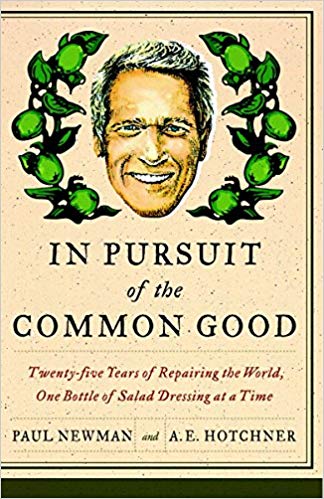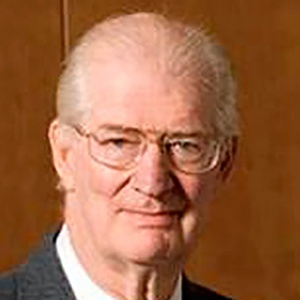
While a lower stock of natural capital may be sustainable, society can allow no further decline in natural capital given the large uncertainty and the dire consequences of guessing wrong. This pattern is stable even with the exclusion of resource depletion and environmental damage.read more read lessĪbstract: A minimum necessary condition for sustainability is the maintenance of the total natural capital stock at or above the current level. 50% slower than the gross national product growth for the same period declined. The generalized income measure/capita increased.

The results show that the true health of the economy is discouraging. Also included for 1950-86 annually is an index of income inequality the value of services and highways public expenditures on health and education counted as personal consumption defensive private expenditures on health and education the cost of commuting the cost of urbanization the cost of air pollution the loss of agricultural land energy consumption as a measure of longterm environmental damage and net capital growth. The caveats and limitations are also discussed. The appendix provides an index of sustainable welfare between 1950-86 annually which includes net capital growth foreign versus domestic capital and environmental damage there are 24 separate measures to show how to improve welfare.

The vision is participatory and sustainable.

Part IV pertains to the attainment of the objectives in an alternative economy. Part III addresses policies in the US and their implications. The alternative is not to shape economics to science but to the realities of the world with the idea that better abstractions will evolve. The 4 parts to the books differentiate between the present state of economics as a deductive science and the consequences for the market measures of success homoeconomicus and the land in Part I and an alternative approach in Part II. It is critical of contemporary economics and reflects the concerns of an economist and a theologian. The perspective is that change is needed in the approach to economic activity: "correction and expansion a more empirical and historical attitude less pretense on being science and willingness to subordinate the market to purposes that it is not geared to determine." The economic proposal is concerned with the extent to which the economy supports healthy communities it is related to the 19th-century Roman Catholic economic theory of Pesch. Abstract: The scale of human activity in the biosphere has grown too large.


 0 kommentar(er)
0 kommentar(er)
